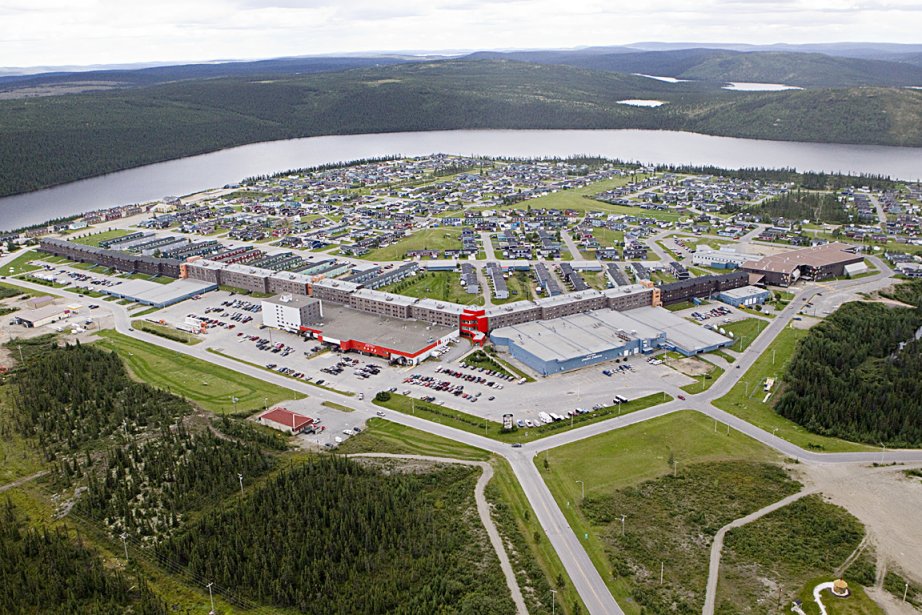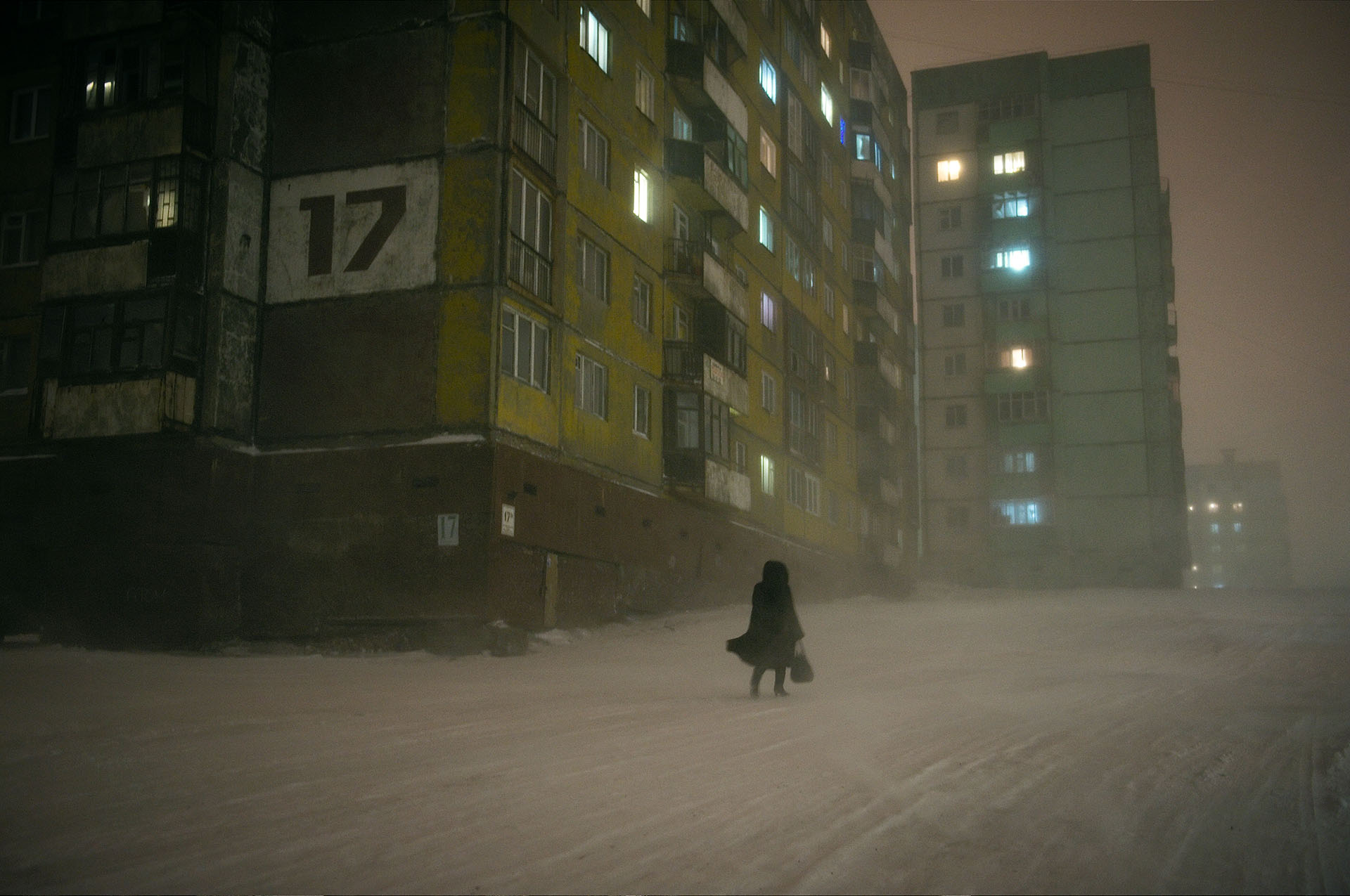
damn the free market works! it came up with commie blocks just based on space and energy efficiency! if only we could apply this on a larger scale 🙈
We do. It’s called an apartment building.
Idk why people insist on the false dichotomy between commieblock and other types of buildings. Sure there are some truly awful ones, especially in Eastern Europe that are basically high-rise slums. But most of the insanely expensive and luxurious housing is also high-rise residential.
London enters the chat
I lived in a commie block until I had enough money to move out.
Easily the worst years of my life.
I’d rather shoot myself than go back in one of these depression factories.
I’ve slept in a dozen kinds of them. Some are better than others, obviously, and even the worst of them were better than makeshift barracks or no housing at all. If they are built properly they are nice and affordable.
ed: Ask finns. IIRC they have a lot of these built right, with all their tech and a basic care about future homeowners, that is usually a flipping point in how livable commie blocks are.
I feel like there has to be some way to design one so that it’s maximally space efficient while not being a depressing shithole.
To achieve the Blade Runner / Judge Dredd aesthetic? That’s gonna be a pass from me.
deleted by creator
Not mutually exclusive. My pet conspiracy theory is that Soviet buildings were somewhat intentionally made to be awful, not so much to save on resources, but because the appearance of “suffering for the revolution” was desirable. Literally - we can’t let people have nice things, it uncommunist.
deleted by creator
I’m sure there were buildings with nice artwork on them. Ironically, communist countries had a well defined ruling class who could get nice things. It’s the average that counts. Also, slapping a small artwork on an otherwise ugly building is not really a solution.
My experience is mostly Romania, Hungary and ex-Yugoslavia. Those in Romania and Hungary are awful undecorated gray boxes, with substandard installations, paper-thin walls, and very depressing places to be in.
Yugoslavia is a different story, visibly not a part of the Soviet bloc. While there are some bad buildings, on average both quality and aesthetics, are much much better. Fairly nice places to live in
Aesthetic is part of life quality. If that is required to keep people housed, that society is a failure. Ideally, population continues to fall and none of that will be necessary.
Something similar in Fermont, Quebec, but it’s a wall of these buildings

You sent me down a wiki hole!
The town is notable for the huge self-contained structure containing apartments, stores, schools, bars, a hotel, restaurants, a supermarket and swimming pool; the large building shelters a community of smaller apartment buildings and homes on its leeward side. Popularly known as The Wall (Le Mur), the structure was designed to be a windscreen to the rest of the town. It permits residents (other than mine workers) to never leave the building during the long winter, which usually lasts about seven months.
The liquor store was outside though. Driving to this town is fun because you literally drive on the train tracks through a tunnel to get there.
I think you’re talking about the town from the OP not Fermont which is what the person you’re replying to was talking about.
Does it have Internet and hookers?
I’m worried there’s no blackjack…
I watched an amateur documentary about this place where a guy visited and got toured around. Absolute trip of a place.
That’s the one! Thanks for digging that up.
Of course!
Peter Santenello?! I’d watch that guy interview a rock. Solid investigative journalism.
Utterly unbiased, isn’t afraid to ask hard questions, and often, of hard people! He goes places most of us don’t see, and in cases like this, may not know exist.
The finest thing about the man is his complete lack of sensationalism. Had a great lunch and watched some TV after lunch at our host’s house, a thing I never do. It was… weird? The most bland statements of fact where delivered by bug-eyed speakers and incredulous listeners. And this was across every show we surfed! My man Santenello is never even mildly emotional. He lets the interviewee speak for themself, never puts words in their mouths.
Thank you for this!
This feels simultaneously ominous and beautiful
I read a book about a family living in those towers
It reminds me of this image of Norilsk by Elena Chernyshova:

“Nah, ya lissen- id’ain’ tha whol’ “minin’ life ain’t dat long, eh” or them few weeks erry summer when tha local browns take down our slow & infirm liken tha ol’ days. Nah. It’s them winters ya’gotta watch’oot fer der, friendo. Oooh-wee, an’ each wunza bigger begich den tha last, I tellya. Oh yah, dontcha’no.”




